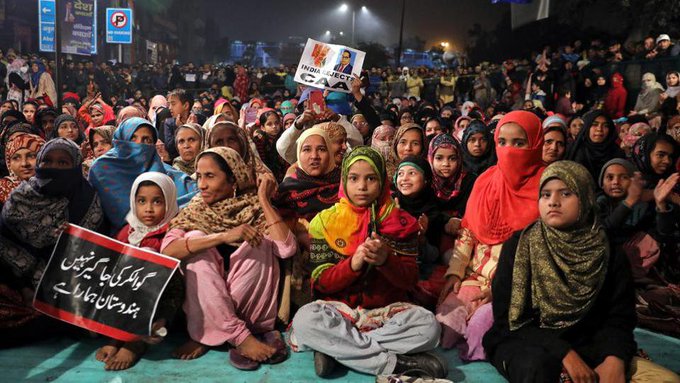
Members of the Bihar Secondary Teachers Association have been protesting at Delhi’s Jantar mantra since September 5. They have been articulating their concerns about the delayed and unequal pay scale at the school level. They began their protest on Teachers’ Day(September 5) to bring home the point that unless the teachers of the county are treated with dignity and allowed access to a decent pay scale, it would be immensely challenging to improve the education scenario in the country. In order to understand the reasons behind this protest, it is important to take a quick glance of the prevailing educational scenario in Bihar.
This is also important as any protest/agitation or collective struggle is not an isolated and discrete moment but is embedded and born out of a distinct set of politico-cultural and economic forces prevalent within the society at a given point in time.
The struggle of the contractual teachers working in Bihar’s government schools, must be understood in the context of the ailing educational scenario where lack of infrastructure, trained manpower and resources are urgent challenges.
The Culture of Contractual Teachers in Bihar
Contractual teachers in Bihar’s government schools work on consolidated pay scales. These teachers are called ‘Niyojit’(contactual)teachers and are hired following a recruitment procedure decided by the state. Their salaries are not at par with the regular teachers although their work loads may be equivalent if not more than theirs.
The contractual teachers are the employees of the local bodies such as the Panchayati Raj institutions, local and urban bodies, Zila parishads, whereas the employer of the regular/permanent teachers is the state Education Department.
A Life of Indignity for Bihar’s Contractual Teachers
In May 2019, more than 3.5 lakh contractual teachers from the state of Bihar received a major blow after the Supreme Court of India refused to have their jobs regularised.
The top court had set aside a Patna High Court order that had directed the government to regularise their jobs in 2017. In its verdict, the Patna HC had ruled “ Equal Pay for Equal Work” for the teachers who had been working on a contactual basis in the state’s government schools.
The petitioners claimed that in Bihar, the teachers who had been working on a contractual basis in primary, secondary and higher secondary government schools had been receiving a much lower salary as compared to the teachers who had been appointed by the state government.
They asked for an equal pay scale that would make it possible for contractual teachers to be paid at par with the regular teachers. The government of Bihar challenged the HC’s verdict in the apex court.
The government cited non-feasibility of the demands made in the petition due to an already booming financial burden on the state government.However, the contractual teachers have been demanding an equal pay scale since 2009, this was when the matter first reached the Patna HC. They argued that they discharged the same amount of work and were responsible for the same duties and therefore they should be paid equally to the regular teachers.
They argued that the state’s stand led to the exploitation and indignity of teachers and ran contrary to the concept of decent life as pointed out to be an integral part of Article 21 of the Constitution of India.
Today, throughout the state of Bihar lakhs of contactual teachers are demanding equal pay which is at par with the payment made to teachers working on a permanent basis in various government schools of the state.
It is high time that the state and the Centre governments look into the issues raised by the contactual teachers more seriously and arrive at a solution to their problems.
After all, the condition of the education system of Bihar is amongst the poorest in the country and we cannot afford to allow it to deteriorate any further.
More than 76,000 school teachers teaching in Bihar’s government schools have not been paid their salaries for over a year. According to sources, their salaries have been delayed because their payment is routed through the bank accounts of their respective panchayats. Some Panchayat heads take their own time in opening the account and this leads to delay in the distribution and allotment of their salaries.
Schools in Bihar have the worst student to teacher ratio in the country, indicating at a massive scarcity of teachers.
Given this situation, the state of Bihar must work collectively with its teachers and take out a feasible yet acceptable solution to the crisis faced by the contactual teachers. If teachers continue to be denied an equal pay scale, not be paid on a timely basis, recruitment procedures be perpetually violated and widespread corruption remains unchecked; it wouldn’t be surprising if the education science in Bihar only deteriorates further.










